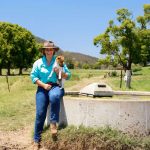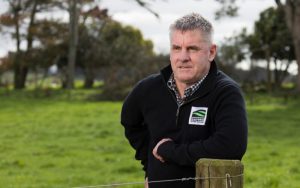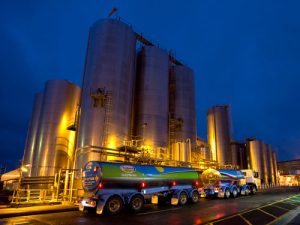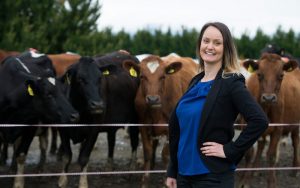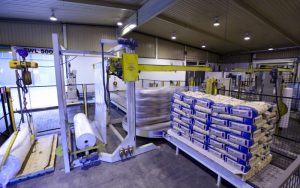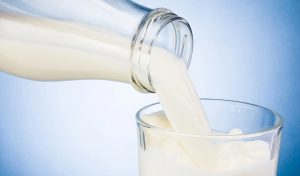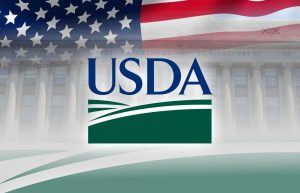
A higher milk price is expected to turn around confidence levels reaching a new low for crestfallen farmers viewing the state of the agri-economy.
Rabobank’s latest confidence survey was carried out last month before Fonterra raised its milk price forecast for a $7.25 mid-point, up by 50 cents, and before the election result.
Confidence was at its lowest level in 20 years as concern rose over the outlook for future agricultural commodity prices.
The survey found 77% of farmers were expecting conditions to worsen, up from 65% last quarter. Only 5% expected improvement, down from 8%, and the rest thought they would stay the same.
He said the results reflected Fonterra lowering its mid-point forecast from $8/kg to $6.75/kg in August, while schedule prices for sheep and beef products had also tumbled.
“And it was not surprising to see more than half of farmers [54%] with a negative outlook identifying falling commodity prices as a reason for their pessimistic view on the year ahead. Fonterra’s subsequent revision of the milk price to a new mid-point of $7.25kg was a significant boost for the industry, however this lift was made after the survey period and is therefore not reflected in the latest results.”
Farmer confidence in their own farm business performance also fell to a record low and investment intentions were lower.
Growers bucking the downwards trend were more optimistic about the performance of their own operations.
Mr Weir said prices for farm inputs such as fertiliser, fuel and feed remained stubbornly high and, with low farm income, the central focus of farmers was to identify how they could strip unnecessary costs out of their businesses over coming months.
Mr Weir said the other key concerns were government policies, overseas markets and rising interest rates.
“This was the first time since mid-2020 that we’ve seen government policy slip outside the top two reasons for farmer concern, while, on the flip side, we also saw government policy cited as the major reason for optimism among the small percentage of farmers expecting broader agri-economy conditions to improve over the coming 12 months.”
He said the results of the latest survey showed the tough conditions facing primary producers.
The bank’s focus was to understand how the environment was impacting clients’ businesses, communicate with them, and keep them connected to the longer term sustainability of their operations while they made short-term financing decisions.
In the survey 12% of farmers viewed their farming operation as unviable during the last quarter year while 40% assessed their operations as just viable.
tim.cronshaw@alliedpress.co.nz


